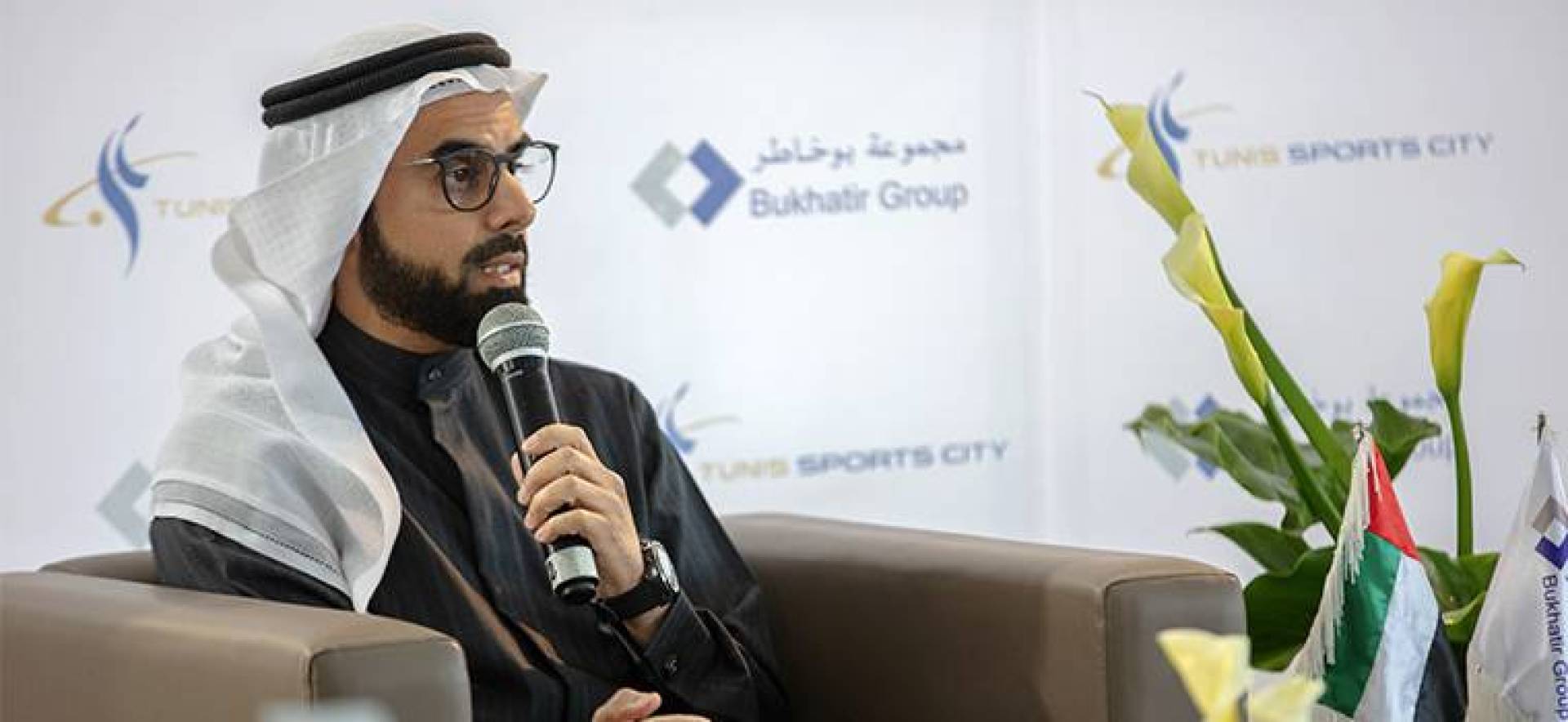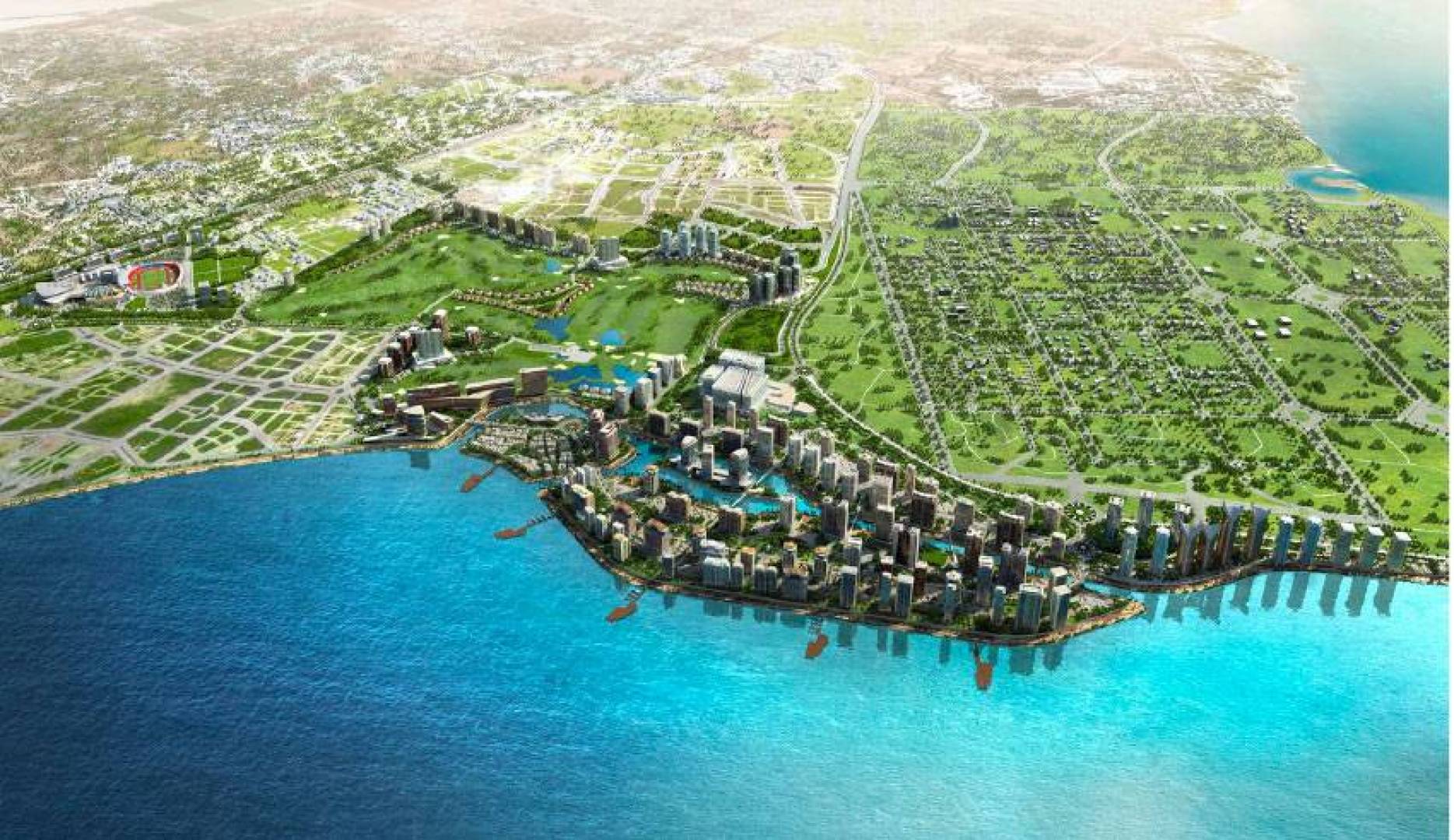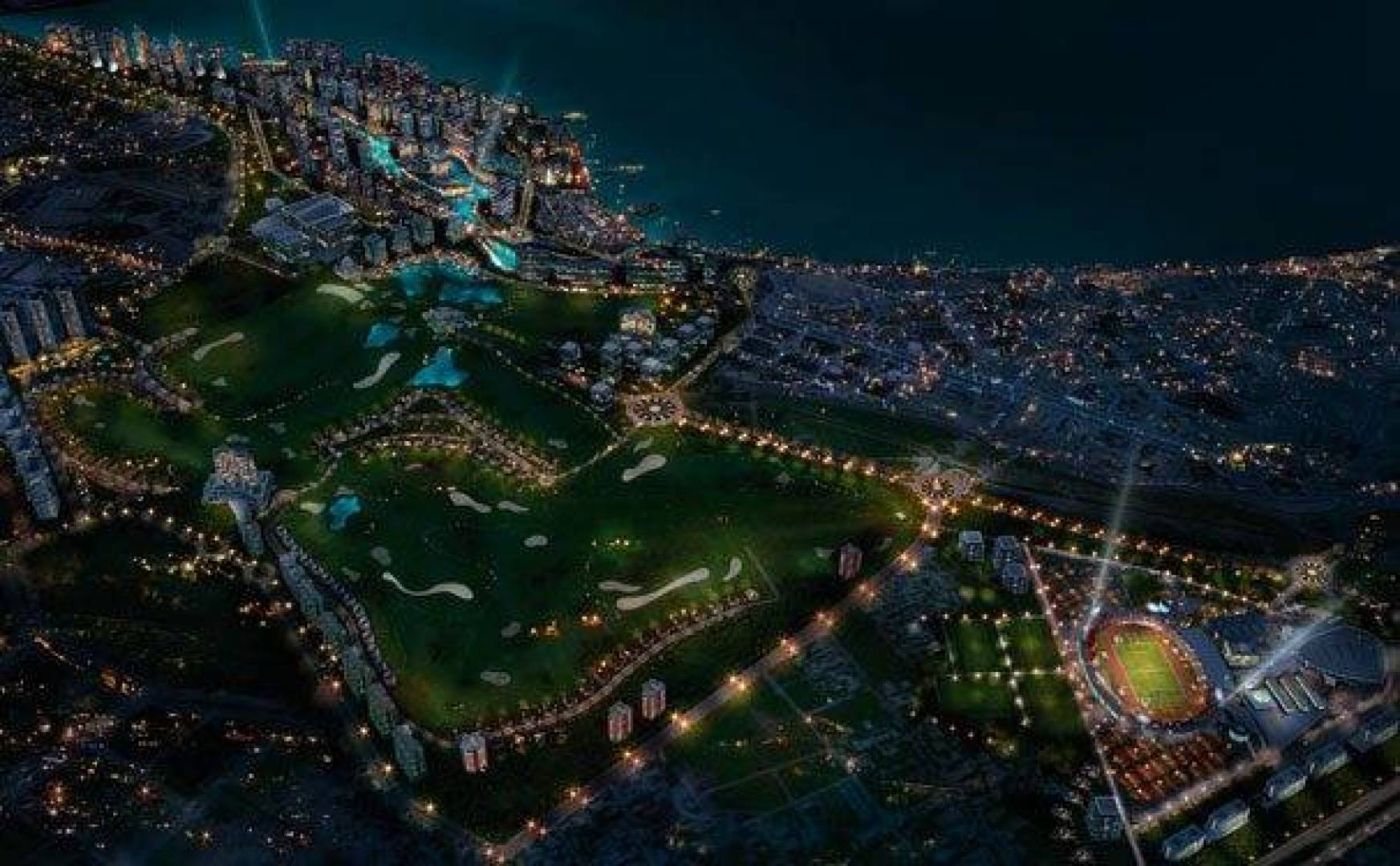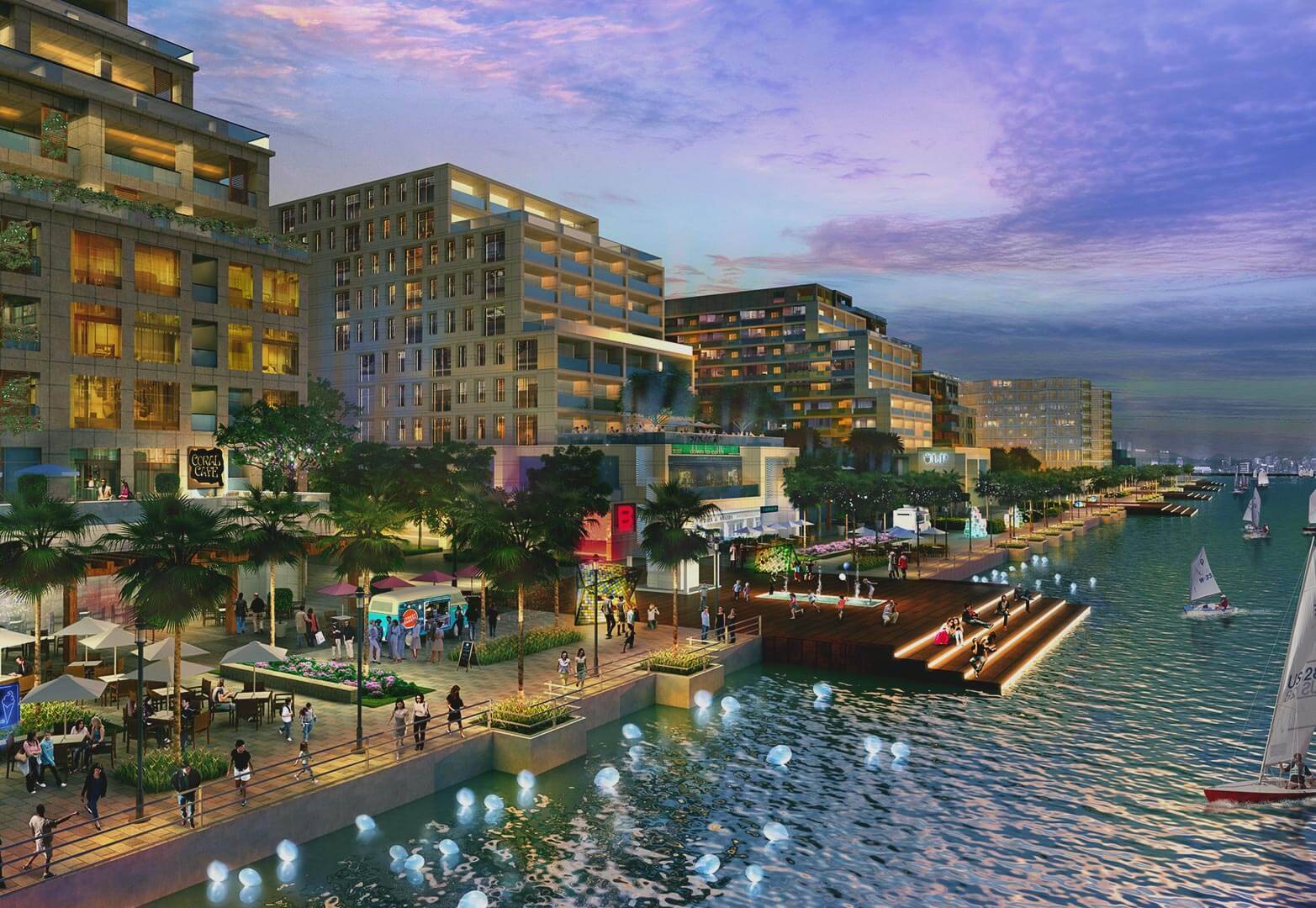Friday, March 11 2022
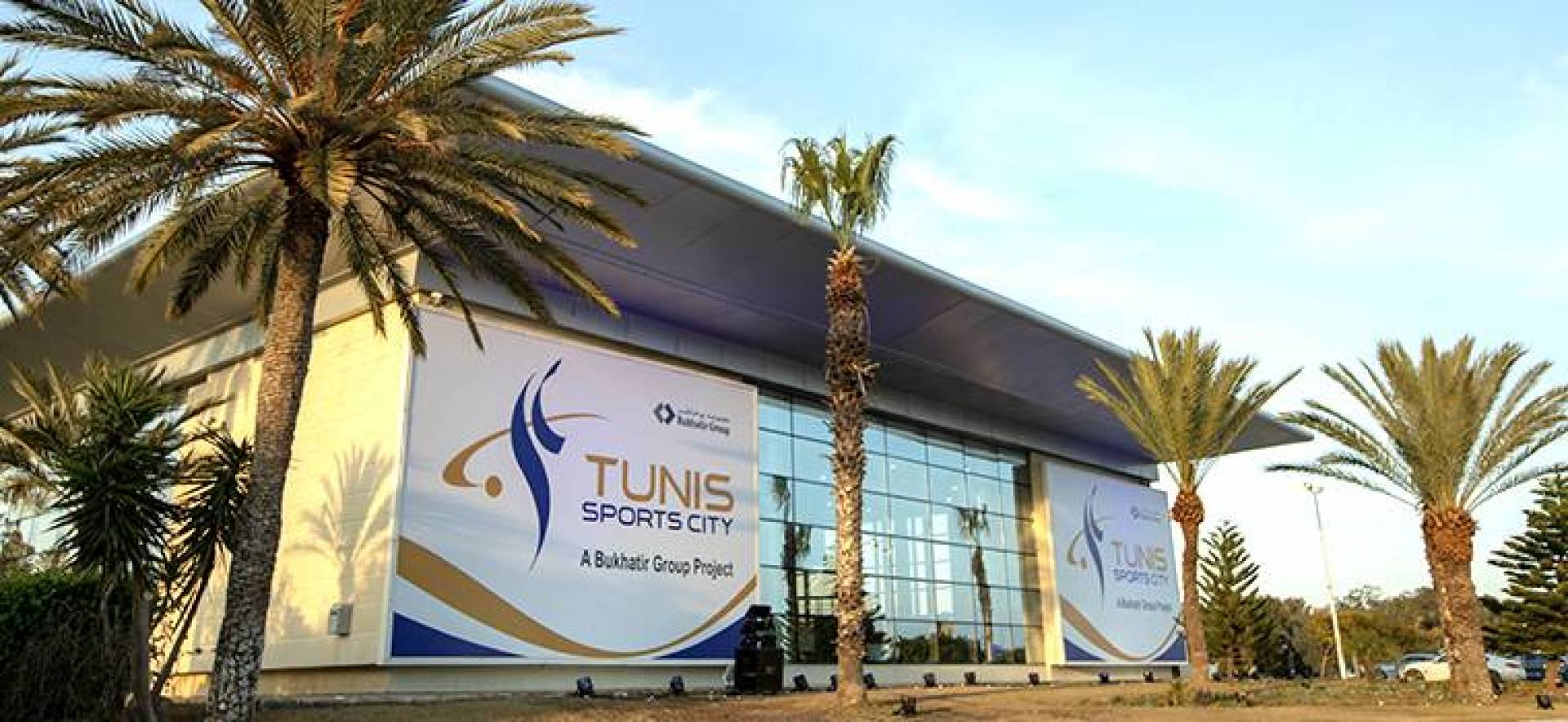
The revival of one of the most prominent delayed real estate projects in Tunisia with Emirati investments has given the business climate a strong impetus for the influx of new foreign capital during the next stage, in light of the government's efforts to remove all obstacles for companies and give the economy a new breath of recovery after a long recession.
Tunisia - The Bukhatir Group gave a strong signal for the return of Emirati investments to Tunisia by announcing the resumption of the Sports City project in the Tunisian capital, which is a message of reassurance to foreign investors that the Tunisian investment climate has returned to stability again.
The Emirati group, which works in the field of reconstruction and construction, on Thursday officially launched the development work of the "Tunis Sports City" project, after it faltered for years due to many overlapping problems.
Many observers and experts are now convinced that the Emirati group's resumption of its projects in Tunisia gives a new impression that the business climate in the country encourages launching businesses without any problems, thanks to the strategy that the current government has started to follow.
The group's CEO, Salah Bukhatir, said during a press conference held in the Tunisian capital that "the project will be revived, and the group will immediately start work in the first phase."
The estimated cost of the huge real estate project is five billion dollars, which is the first major investment in the country during the last decade. It may pave the way for the revival of other projects that have been dead on paper for several years.
This project receives special attention from the Tunisian government because of its great importance given the value of the investments it contains and the job opportunities it will create, in addition to giving a signal to foreign investors to return to Tunisia again.
The officials of the Emirati group had previously announced the resumption of this project, which has been suspended since 2010, several times, but this did not happen for many reasons.
Tunisia is seeking to attract foreign investment to support its economy, which has been hit hard by the pandemic, after years of stagnation, deepened by political turmoil.
The project includes sports academies, hotels, golf courses and 49 large and luxurious villas on an area of about 250 hectares north of the Tunisian capital.
The project is expected to provide thousands of job opportunities for young people in a country where the unemployment rate is more than 18 percent, according to official data.
Bukhatir explained that the project, which will be built on the northern suburb of the capital, will give an impetus to the urban area in the capital and will take into account the environmental aspects. He said it would "change the face of Tunis".
The head of the group, which is based in the Emirate of Dubai, reviewed the obstacles to the project, which was agreed upon with the Tunisian authorities 14 years ago.
He said that "the most important problems facing the project were the global financial crisis in 2009, then the Tunisian revolution, the succession of governments and terrorist operations that Tunisia experienced after the revolution."
He stressed that "all these obstacles prevented progress in the completion of the project, given that the investment climate was not appropriate."
Salah Bukhatir: The Sports City project will change the face of the capital, Tunis
And the government of Youssef Chahed had previously sought to revive the project. The former CEO of the group, Abdel Rahman Bukhatir, said during his visit to Tunisia in March 2017, that "the resumption of the completion of the Sports City will start within six months."
But the situation is different today, as the CEO of the group's branch in Tunisia, Afif Bedjaoui, confirmed in the press conference that "a deliberate plan has been developed to overcome the problems and obstacles that occurred previously."
It is expected to complete the first phase of the project, which includes playgrounds, sports and residential facilities, in 2026, the second phase, which includes a business city, by 2028, and the third phase, which includes hotels and entertainment facilities, and is expected to be completed in 2031.
Bedjaoui stressed that "the dates set for the implementation of the project in its various stages are conditioned on the Tunisian authorities' implementation of their obligations" with the group.
This is the same thing that was confirmed by the head of the group when he said that “the time limit set for the completion of the project depends on the facilities that the Tunisian state will provide,” adding that “the company has so far obtained 90 percent of the necessary approvals.”
The Tunis Sports City project, which was introduced in 2008, is among other huge investments by Emirati companies that stumbled during the chaos in Tunisia in 2011.
However, Najla Boden's government, which assumed its duties after President Kais Saied announced last summer exceptional measures that included freezing parliament activity in preparation for political reforms, is conducting negotiations to revive these projects in an effort to revive the ailing economy.
During the era of Ben Ali, Tunisia signed with the Dubai Sky Company to establish the “Mediterranean Gate” city on the banks of a lake in the southern suburbs of the capital, which is the largest foreign investment ever at a cost estimated at about 14 billion dollars, but it was not implemented. It announced in 2015 that it would resume the project, but so far there have been no indications that the project will return to activity.

